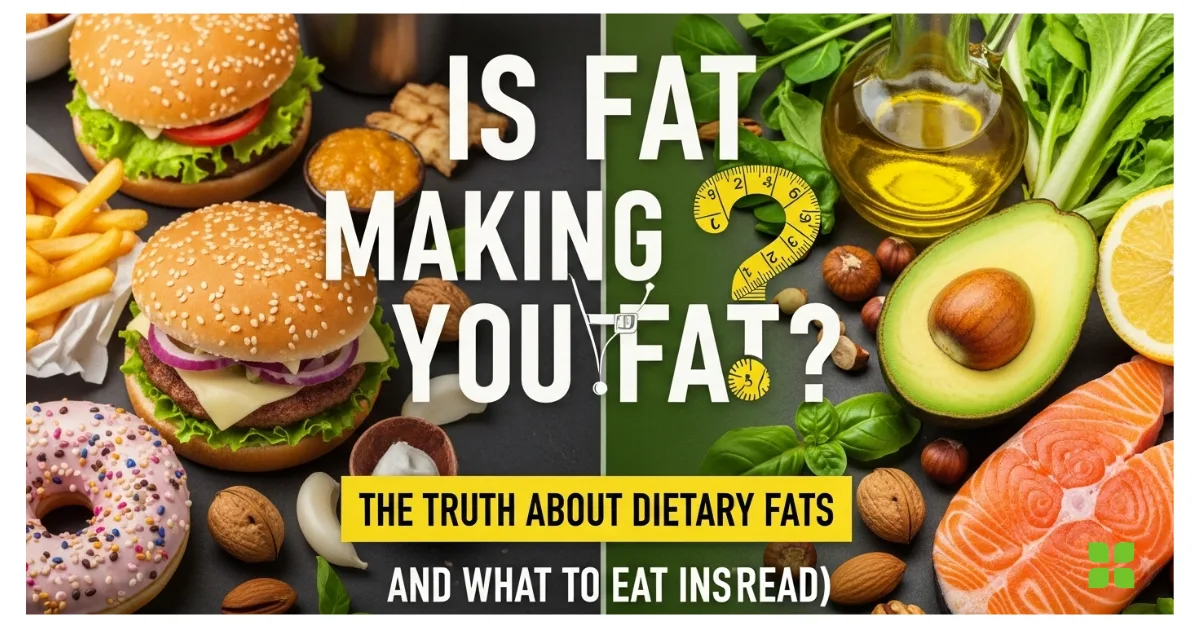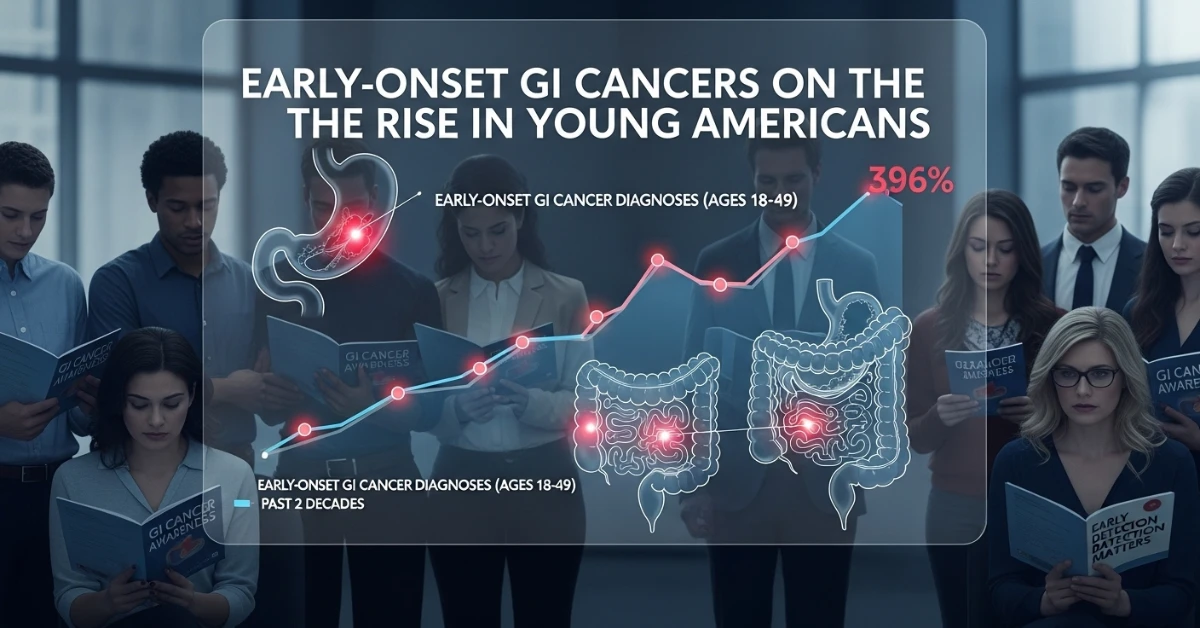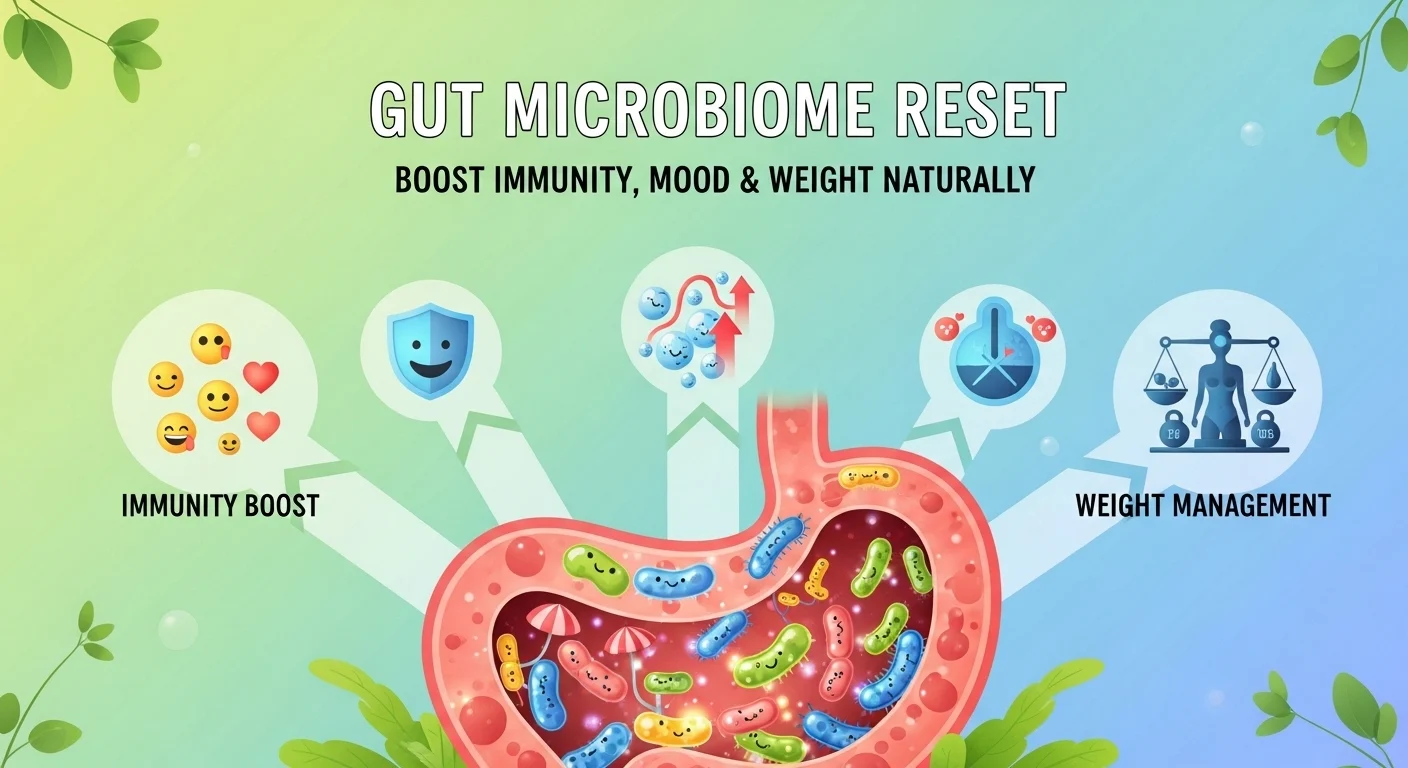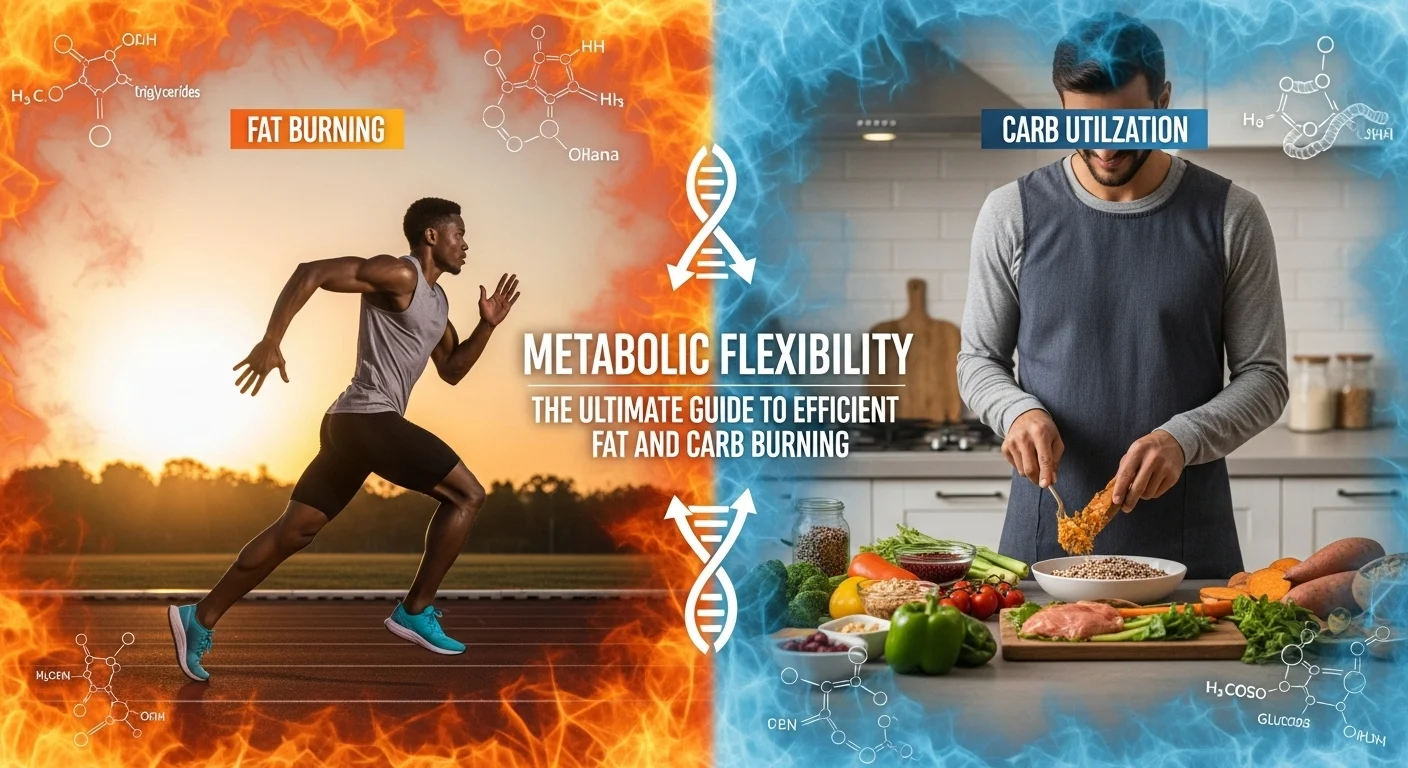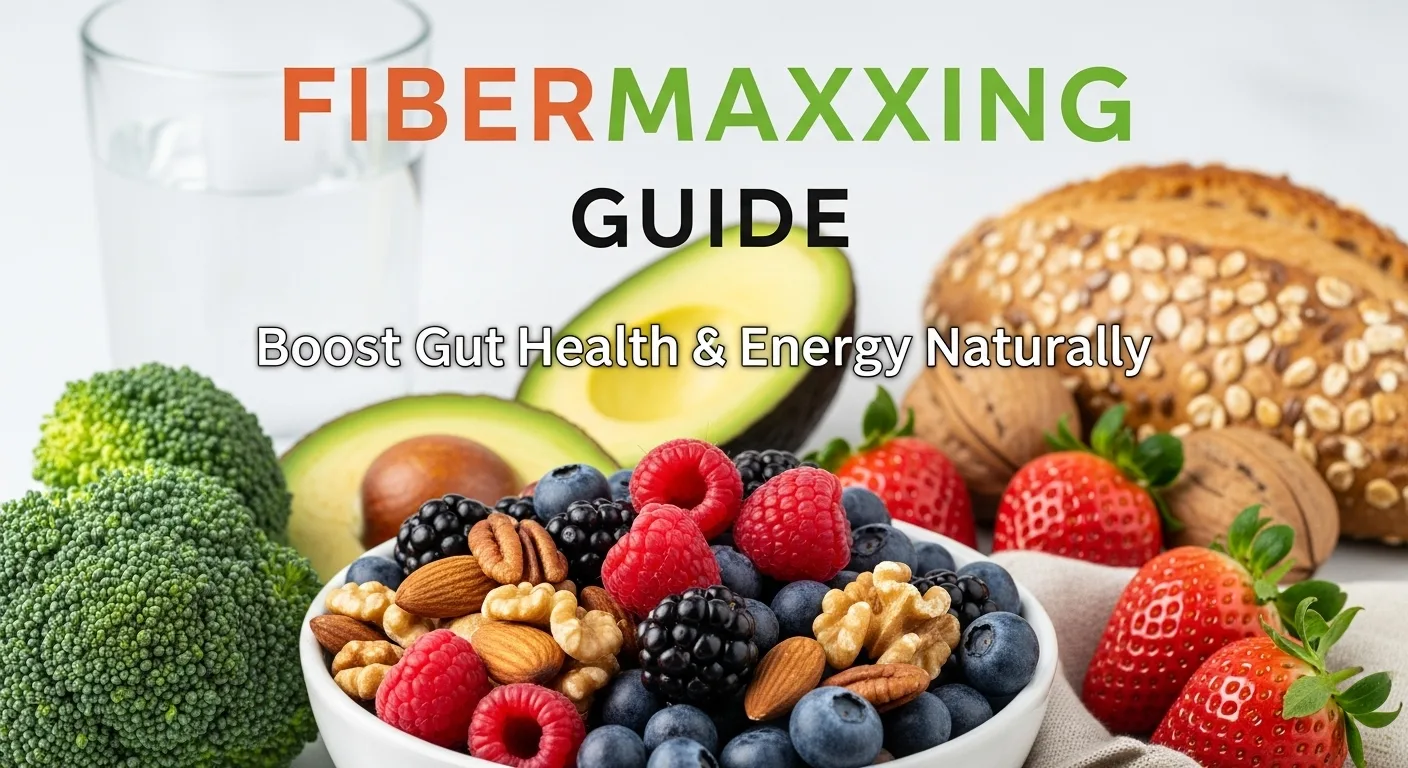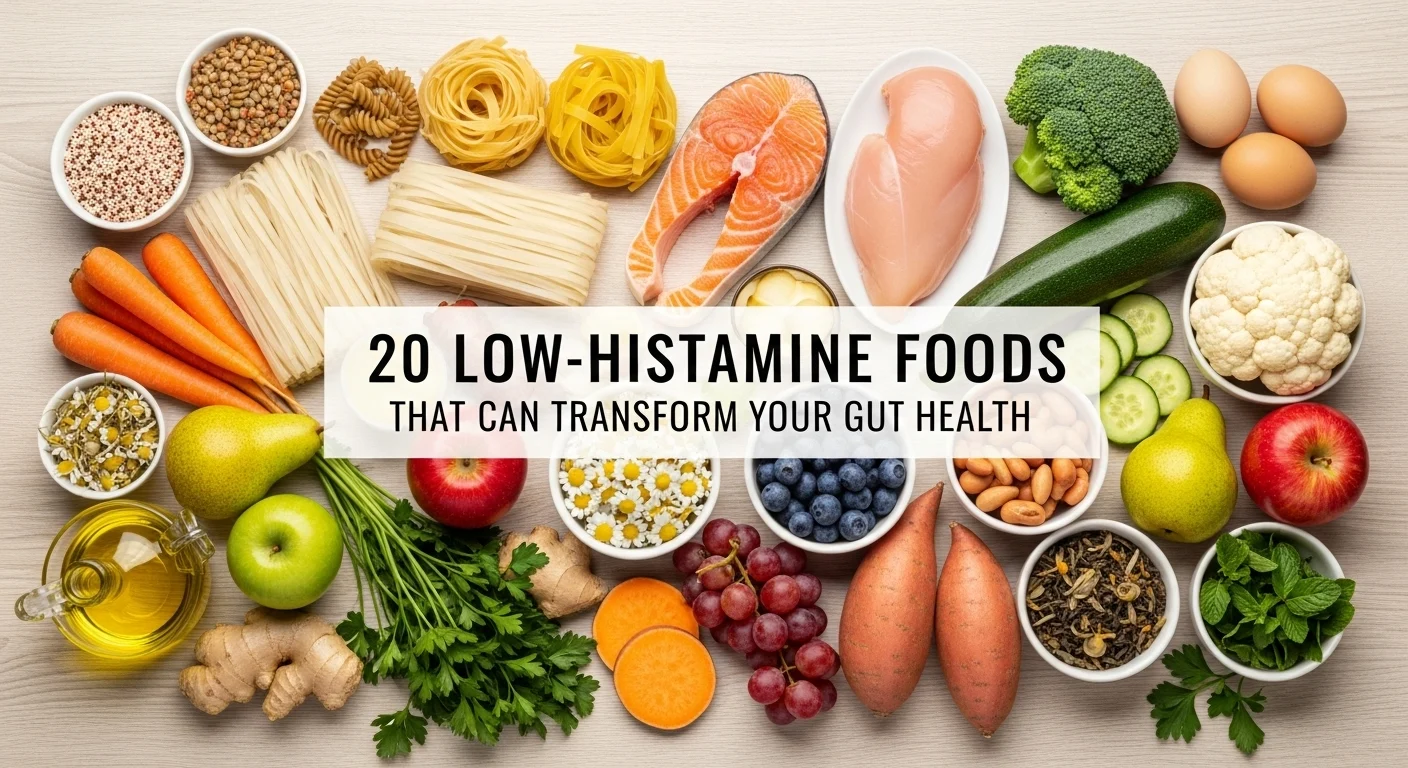We hear a lot about fat in our diets — some good, some bad, and some just plain confusing. Are all fats harmful? Should you go completely fat-free? And what’s the deal with olive oil, anyway?
Here’s what you really need to know about dietary fats, how they affect your health, and which ones to keep — or cut.
Table of Contents
🔍 What Are Dietary Fats?
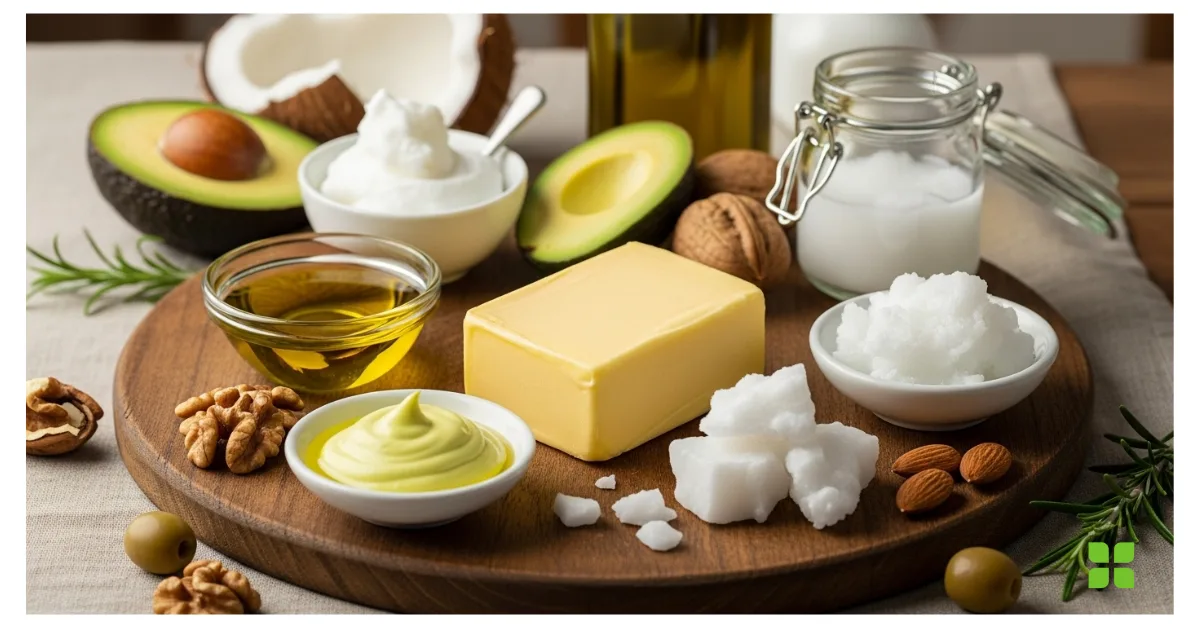
Every food and drink we consume contains nutrients like carbohydrates, proteins, fats, vitamins, and minerals. Some are higher in one nutrient than others — think sugary soft drinks or deep-fried fast food loaded with fat.
Fats (sometimes called “oils”) are a key part of our diet. They contribute significantly to your body by:
- Helping move vitamins (like A, D, E, and K) around your body
- Supporting hormone production
- Providing a concentrated source of energy
But not all fats are created equal.
🧬 The 4 Types of Dietary Fats
Four primary forms of fat are present in our diet:
- Saturated fats
- Trans fats
- Monounsaturated fats
- Polyunsaturated fats
Each of these fats behaves differently in your body — especially when it comes to blood cholesterol and heart health.
Pro tip: Replace saturated and trans fats with healthier fats (monounsaturated and polyunsaturated) to better support your heart.
Read More:Belly Fat Won’t Budge? These 10 Everyday Habits Could Be the Culprit
⚡ Fat Is High in Energy — Use It Wisely
The energy content of fat is around 37 kilojoules per gram, which is more than double that of protein or carbohydrates, which are only 17 kJ/g. That’s why high-fat foods can make it easy to overeat without realizing it.
Eating too much fat (even the healthy kind) can lead to weight gain. But fat isn’t your enemy — in fact, small amounts can make meals tastier, more satisfying, and keep you fuller for longer.
🩺 How Fats Affect Your Blood Cholesterol
Cholesterol isn’t all bad. In fact, your body need it for cell formation. However, excessive amounts of the wrong sort might be harmful.
There are two main types of blood cholesterol:
- LDL (Low-Density Lipoprotein): The “bad” cholesterol that can clog your arteries.
- HDL (High-Density Lipoprotein): The “good” cholesterol that helps clear cholesterol from your blood.
Some fats raise LDL. Others help raise HDL. Let’s break it down.
❌ Saturated Fats: The Ones to Cut Back
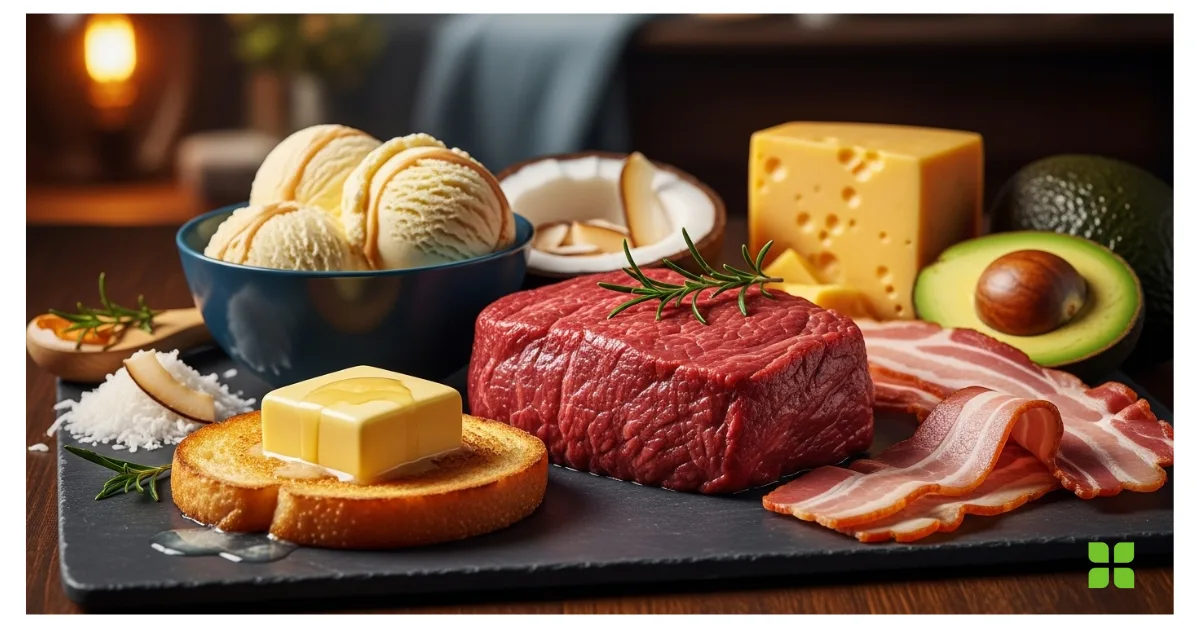
Saturated fats tend to raise LDL (bad) cholesterol, increasing your risk of heart disease and stroke.
You’ll find them in:
- Fatty cuts of meat
- Full-fat dairy products like milk, cream, cheese
- Butter and cream
- Fried takeaway foods
- Baked goods like pastries, biscuits, and cakes
- Coconut and palm oils
👉 Better choices: Switch to lean meats, trim visible fat, and choose low-fat dairy products (unless your child is under 2 — they need the extra fat for growth).
🚫 Trans Fats: The Worst Kind
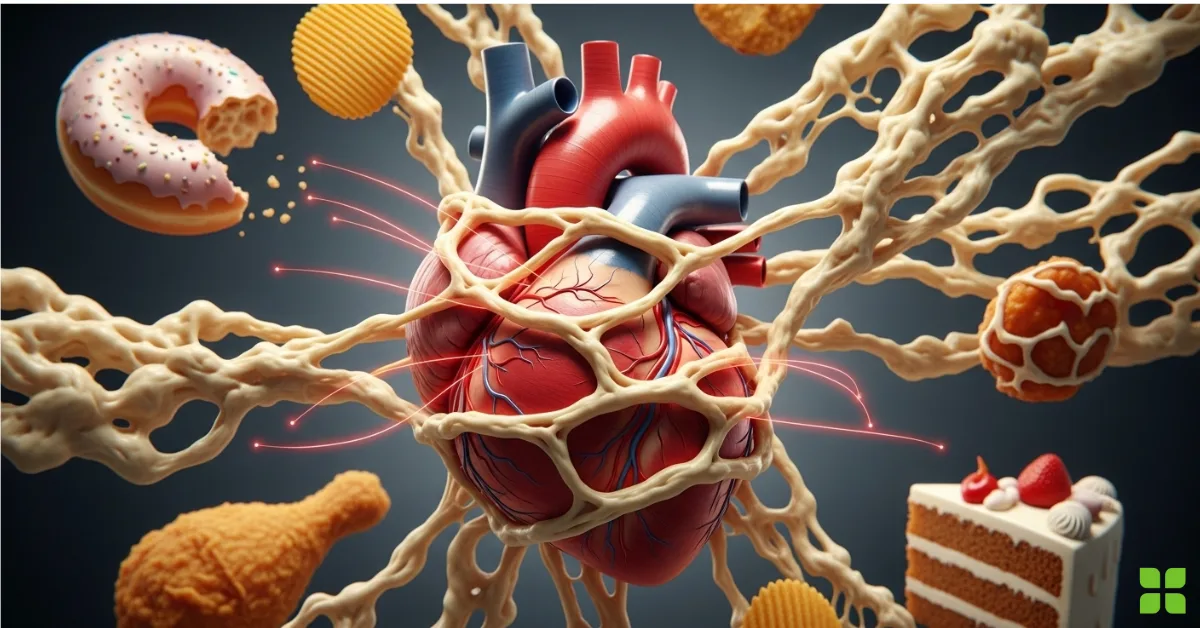
Trans fats are even more harmful than saturated fats. They decrease HDL (good) cholesterol in addition to raising LDL cholesterol.
There are two types:
- Naturally occurring trans fats (in small amounts in meat and dairy)
- Artificial trans fats, created during food processing (these are the ones to avoid)
Common sources include:
- Packaged baked goods (like cakes, buns, and cookies)
- Processed snacks and fried takeaway foods
✅ Monounsaturated & Polyunsaturated Fats: The Good Guys
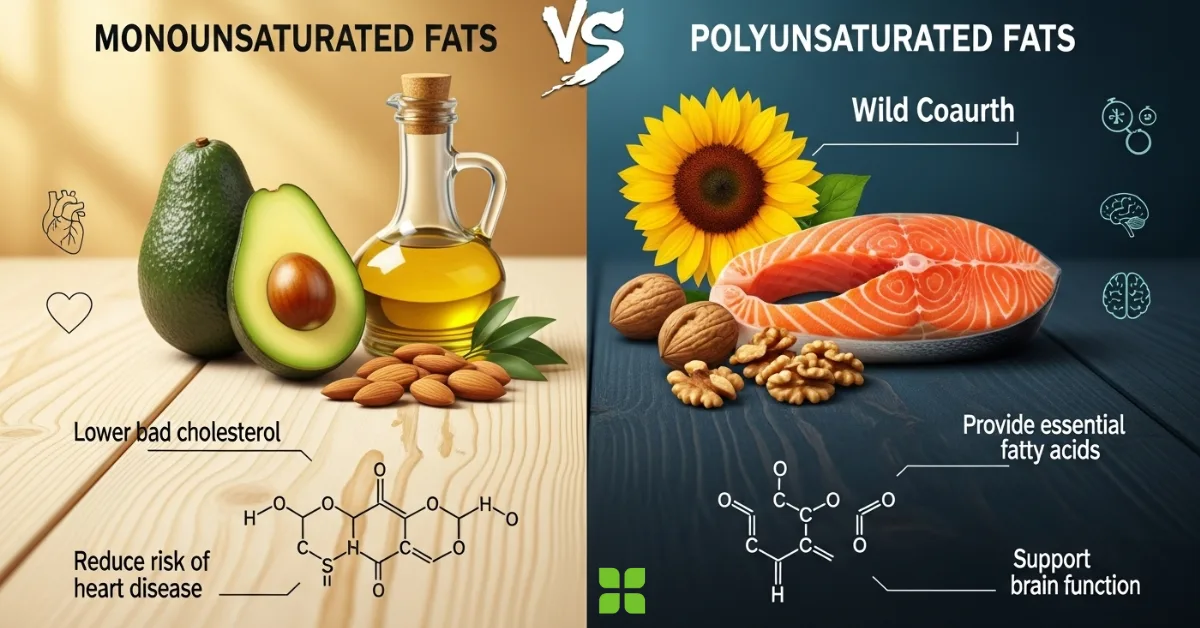
These heart-healthy fats can actually help reduce bad cholesterol levels, especially when used in place of saturated fat.
Monounsaturated fats are found in:
- Avocados
- Olive oil and canola oil
- Nuts like almonds, peanuts, and cashews
- Nut butters
Polyunsaturated fats are found in:
- Fatty fish like salmon, sardines, and tuna
- Sunflower, corn, soy, and safflower oils
- Walnuts, Brazil nuts, and seeds
- Polyunsaturated margarine
These fats are also rich in omega-3 and omega-6 fatty acids — essential for brain function and heart health.
🌱 What About Plant Sterols?
Plant sterols are natural compounds found in all plants that mimic cholesterol in the body — but with a twist. They actually block cholesterol absorption and help reduce blood cholesterol by around 10%.
Since natural foods don’t have enough to make a big difference, you can now find plant sterols added to some margarines and dairy products.
🧈 Tip: Maintaining appropriate cholesterol levels can be achieved with just 1 to 1.5 tablespoons of sterol-enriched margarine daily.
🐟 Omega-3 Fatty Acids: Power for Your Heart and Brain
Omega-3s are a type of polyunsaturated fat your body can’t make on its own — meaning you must get them from food.
Sources:
- Marine-based: Salmon, tuna, mackerel, sardines, trevally
- Plant-based: Canola and soy oils, seeds, canola margarine
Health benefits of omega-3s:
- Lower triglycerides (fat in the blood)
- Reduce blood pressure
- Help prevent blood clots
- Keep heart rhythm steady
- Fight inflammation
- Support brain and eye development in babies
- May even help with depression
🫒 Spotlight on Olive Oil
Olive oil is made by pressing olives and comes in several grades:
Extra virgin olive oil:
- Highest quality
- Unprocessed
- Rich in antioxidants and healthy fats
Virgin olive oil:
- Slightly more processed but still a good choice
Regular/Refined olive oil:
- Heavily processed with heat or chemicals
- Fewer nutrients
“Light” olive oil:
- Not heavy in calories or fat, yet light in flavor and color!
📍Bonus fact: Olive oil is a key ingredient in the Mediterranean diet, which is linked to lower rates of heart disease, cancer, Alzheimer’s, and more.
🌍 The Mediterranean Diet Connection
People in countries like Greece and Italy who eat lots of olive oil — along with plenty of vegetables, legumes, fruits, whole grains, and fish — tend to have much lower rates of heart disease.
Olive oil contains:
- Omega-6 fatty acids
- Plant sterols
- Powerful antioxidants
These may help protect against cancers, reduce inflammation, and even improve immune function and cognitive health.
✅ Current Fat Guidelines
Here’s what most nutrition experts (like the Australian Dietary Guidelines) suggest:
🚫 Limit foods high in saturated fats, including:
- Cakes, cookies, pies, and pastries
- Fried foods and fast food
- Processed meats like sausages and burgers
- Pizza, chips, and packaged snacks
✅ Replace with healthier options, like:
- Avocados and nuts
- Olive, canola, or sunflower oils
- Nut butters and plant-based spreads
⚠️ Reminder: Low-fat diets are not suitable for children under 2 — they need fats for healthy development.
👩⚕️ Not Sure What’s Right for You?
If you’re unsure about your fat intake or cholesterol levels, check in with your doctor or a registered dietitian. Personalized advice can help you create a balanced eating plan that supports your health — without cutting out the good stuff.
🥑 Bottom Line: Fat Isn’t the Enemy — Bad Fat Is
Fats are essential to your body. The key is choosing the right ones — and limiting the harmful types. By focusing on heart-healthy fats, keeping portions in check, and eating a wide range of nutritious foods, you can boost your energy, protect your heart, and feel better in the long run.
